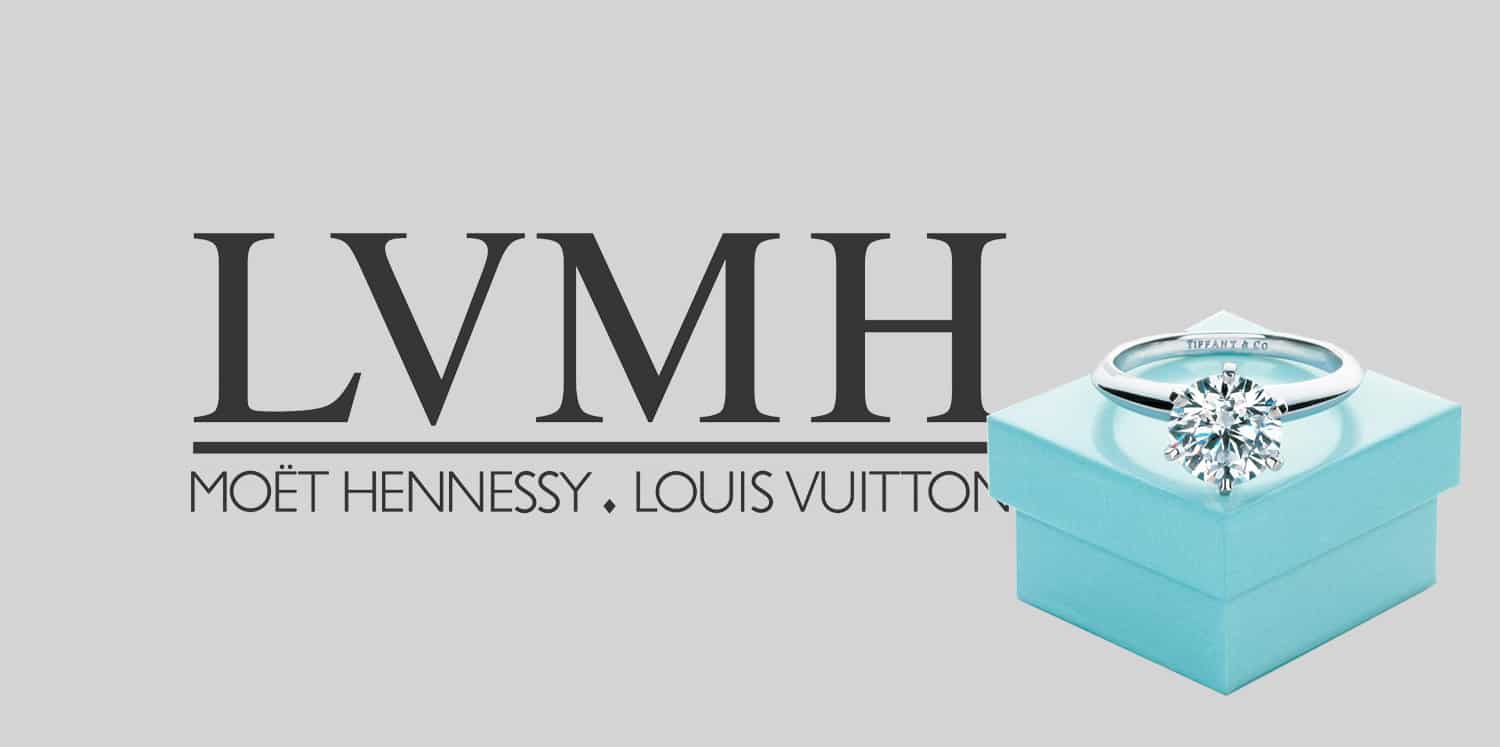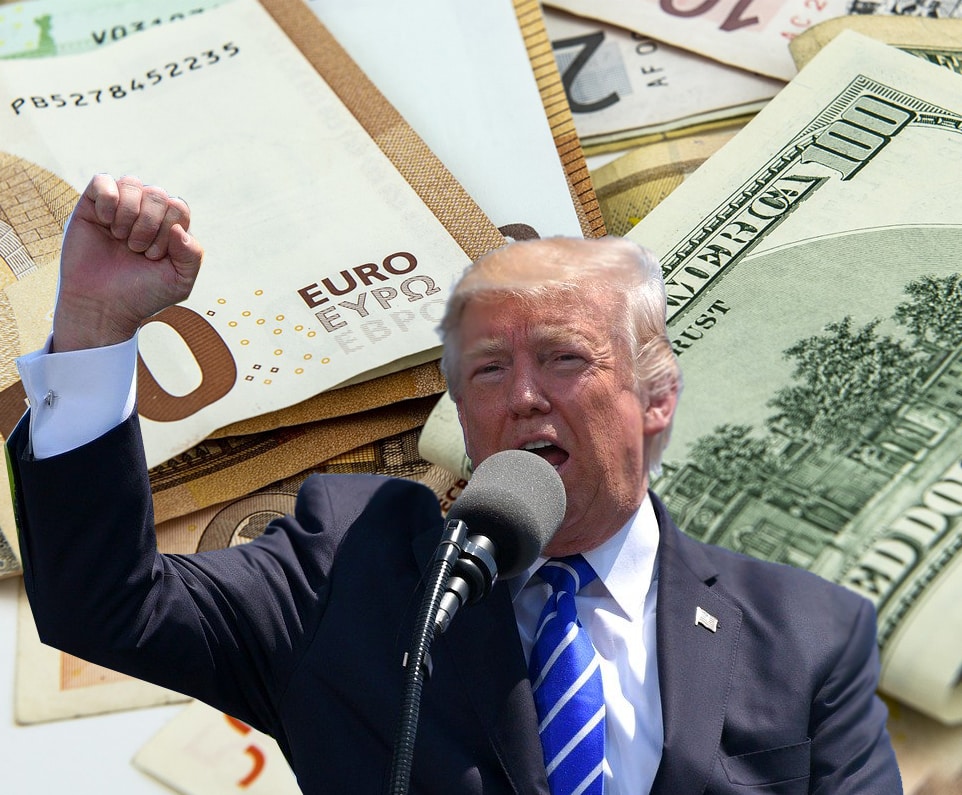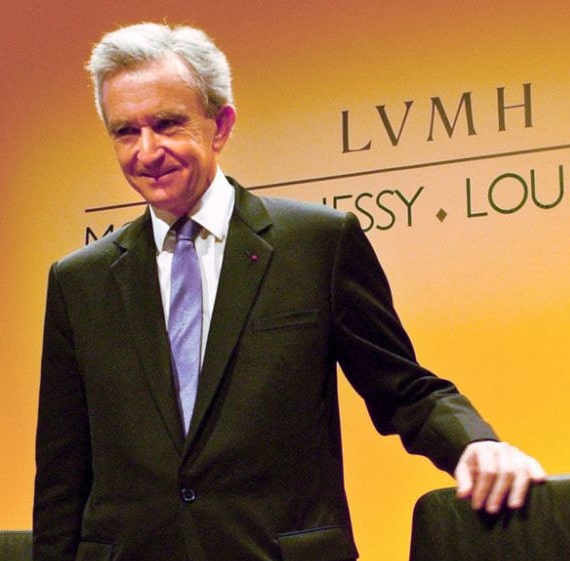Blog
Home » Diamonds blog » U.S. – EU Trade War Threatens LVMH and Tiffany Mega-Deal
Focus on

Paris-based LVMH is claiming that both the government of France and Tiffany have requested that the closing of the original deal be postponed to dates that are not permissible under the agreement. The final date for finishing the transaction had been August 24, and then both sides agreed to delay that until November 24.
But LVMH indicated that the French foreign ministry has requested that the date now be postponed to beyond January 6, after the swearing in ceremony of the American president, because of concerns about possible trade tariffs in the event that Donald Trump is reelected. For its part, LVMH said it no longer wanted to buy Tiffany if the purchase was about to become a hostage a trade disputes between France and the Trump administration.
The potential of a trade war between Paris and Washington has been brewing for more than a year. France has been at the leading the European campaign to tax American high-tech companies, including Alphabet Inc. (Google) and Facebook Inc. In turn, the Trump administration has been has threatened to impose retaliatory tariffs on any country that imposes such taxes.
Furthermore, retaliating against the European luxury goods sector reportedly has been considered by the U.S. government as payback for EU subsidies for aircraft manufacturer Airbus, which has placed its American rival Boeing at a disadvantage.
AMERICANS CONSIDER LVMH DECISION A BARGAINING MOVE
Tiffany was less inclined to view the ailing agreement as being victim of a trans-Atlantic trade dispute, and instead suggested that the French company was looking to sweeten the $16.2 billion deal, which now looked less attractive after more than a half-year into the COVID-19 crisis.
In its response to the LVMH announcement, Tiffany claimed that the French company was using the French government’s request for a further delay as a pretext to back out of the deal that no longer seemed as financially attractive as it once did.
“We believe that LVMH will seek to use any available means in an attempt to avoid closing the transaction on the agreed terms,” Tiffany Chairman Roger Farah stated, as quoted by the Wall Street Journal. “But the simple facts are that there is no basis under French law for the Foreign Affairs Minister to order a company to breach a valid and binding agreement.”
Tiffany said it had already filed a lawsuit in Delaware, where key LVMH’s U.S. subsidiaries are registered, to enforce the agreement.
According to the original agreement, Tiffany had the option of backout out, on condition that it paid to pay a termination fee of $575 million. The deal did not provide LVMH with a similar option.

The possibility of a trade war between the United States and the European Union instigated by the Trump administration, LVMH has said, was the reason the French government suggested that completion of its deal to buy Tiffany & Co. be postponed until after the U.S. elections on November 3 and the swearing in of the president in January 2021.

Bernard Arnault, LVMH’s chief executive and controlling shareholder. The French company’s takeover of Tiffany was to have been the largest ever buyout he had managed.
THE TOLL OF THE COVID-19 PANDEMIC
LVMH’s takeover of Tiffany was historical, and indeed was reportedly the largest ever buyout managed by Bernard Arnault, the French company’s legendary chief executive and controlling shareholder.
The deal was completed shortly before the coronavirus pandemic outbreak, and the luxury-goods market was thrown into turmoil, not only because of the economic recession that came in its wake, but the virtual halt buying trips abroad being made by wealthy Chinese consumers, which in recent years have become one the most importers providers of revenue to the high-end jewelry market.
LVMH had paid close to Tiffany’s all-time-high share price to acquire the Tiffany in November 2019, but its shares are today well below LVMH’s $135 offer price, and actually fell 9.9 percent on September 9, after the French company’s dramatic announcement.
